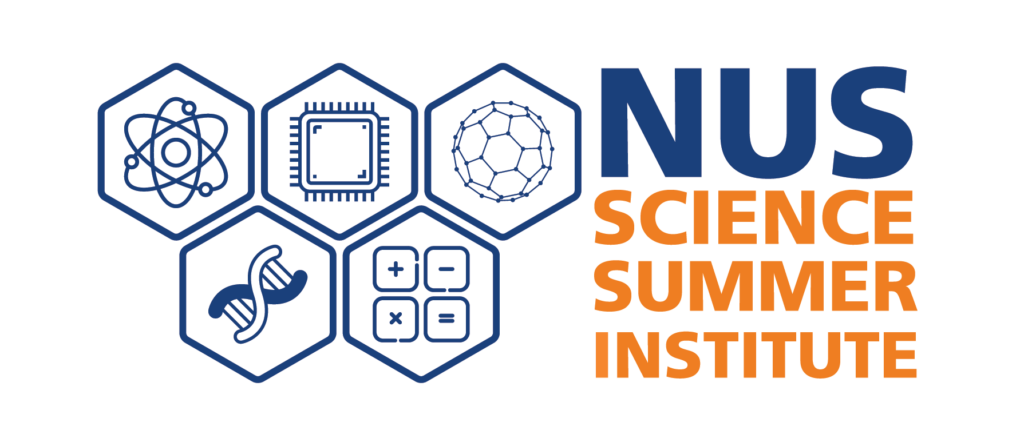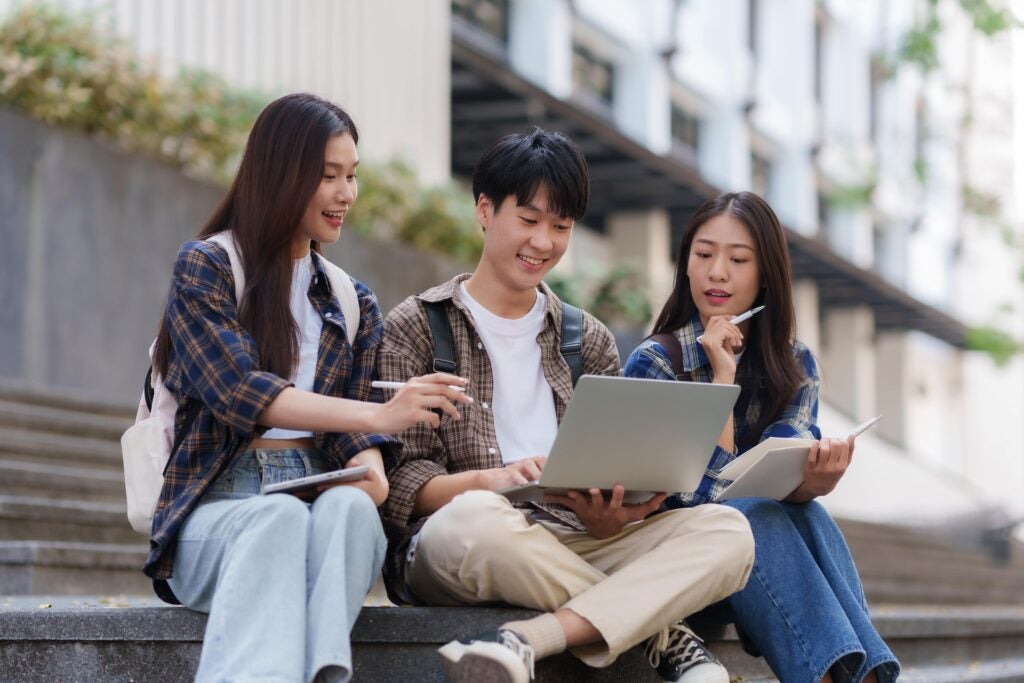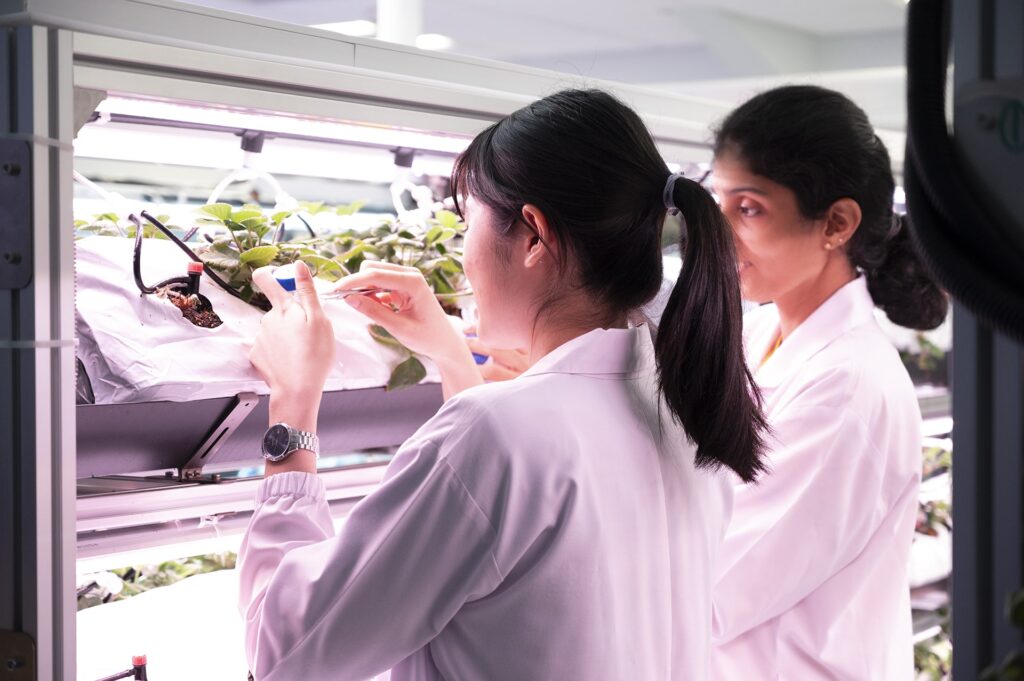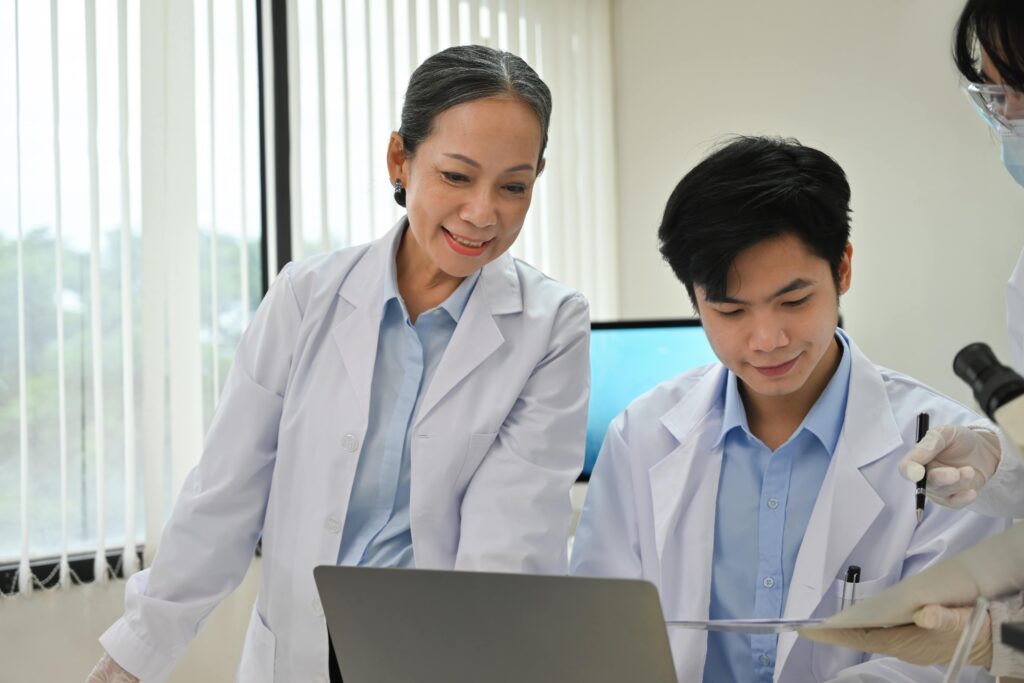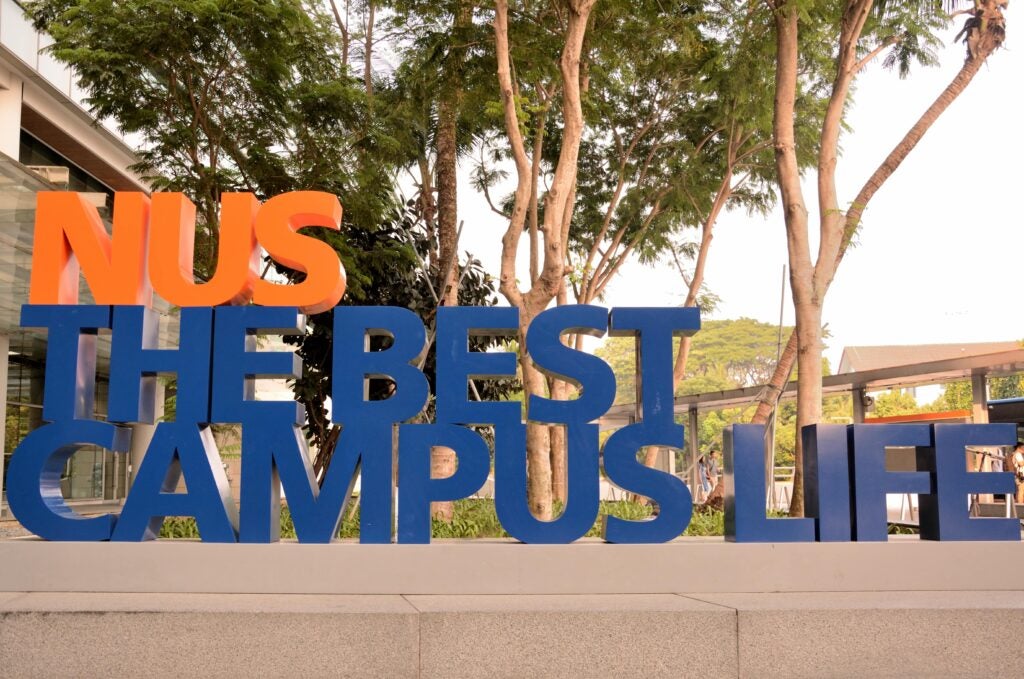Highlights
SSI attendees will join in plenary lectures by renowned professors, dialogue with NUS scientist-educators during fireside chats, work through real-world problems in laboratories and make friends with contemporaries who have a passion in science research.
The programme will conclude with a Symposium where participants present and share the research that they have done in the past year.
SSI Symposium
Students will present a poster or oral presentation on a completed research project or an advanced research ideation. Outstanding posters and presentations will be recognised with awards and prizes.
Integrated Components
Students will participate in plenary lectures providing broad overviews of current multidisciplinary scientific research areas, campus tours, and visits to research institutions in Singapore.
Thematic Tracks
Students will join a specific thematic discipline and deep dive into the latest research developments in these themes. Each track will include lectures, field trips, workshops, hands-on experiments, lab visits, fireside chats with professors, etc.
Social Programme
Students will visit places of interest and attend lunches and dinner banquets hosted by NUS. If they stay in our on-campus accommodation, there will be ample opportunity to interact with our local and international student community.
